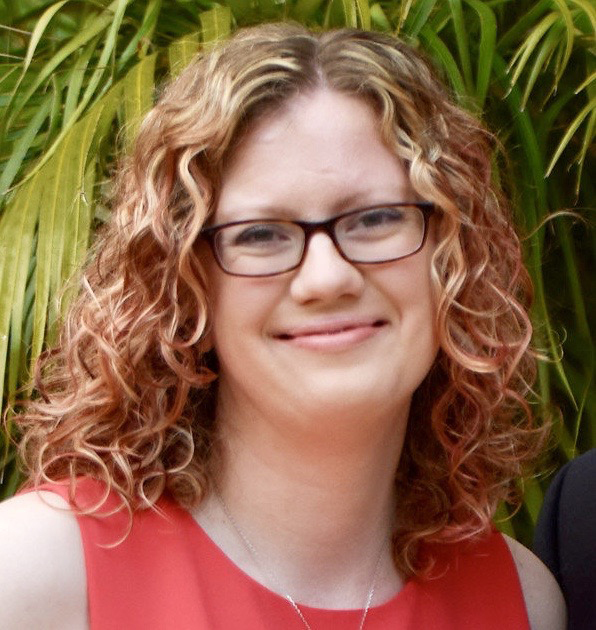
c/o wesleyan.edu
For Wesleyan students, Olin is more than just a place to study. Students come to check out books, get research help from librarians, or poke around the stacks. It is also the home of Wesleyan’s Special Collections and Archives (SC&A).
“Located in Olin Library, this department is the home of the University’s archives, local history, manuscript, and rare book collections, and is open to the Wesleyan community and the public,” the Special Collections and Archives website reads.
The SC&A is home to more than 500 collections of archival materials, over 40,000 rare books, and numerous papers from historical figures such as Henry Bacon, John Cage, and William Manchester.
For the past 21 years, the SC&A has been under the direction of Suzy Taraba ’77. Last month, she welcomed Amanda Nelson to the staff. Nelson comes to Wesleyan from the American Institute of Physics.
Nelson began her job as University archivist this January, taking the place of Leith Johnson, who served as archivist from 2012 until his retirement in June 2018. Nelson holds a B.A. in English with minors in history and dance at the University of Miami in Coral Gables, Fla. She also has a Masters in Library Science (MLS) with a specialization in archives and records management from the University of Maryland, College Park.
But what exactly does an archivist do? The Argus got a chance to talk with Nelson about her duties as University archivist.
“The University Archivist is in many ways the steward for the history of the University,” Nelson explained. “I am in charge of preserving the historical papers and collections that document how the University was run, the staff that have worked here, students and alumni, student groups, really anything that shows what life was like at Wesleyan since its inception.”
Before working at Wesleyan, Nelson worked at the American Institute of Physics Niels Bohr Library & Archives in College Park, Md.
“I was in charge of preparing archival collections for research and creating descriptions of the collections that were available online,” she explained. “I was also in charge of over 1500 oral history interviews that covered from 1962 to the present and all the major areas of physics during that time, including placing over 1000 transcripts online. I also worked to update the Physics History Network, which was an online resource of over 1000 biographies of physicists and institutions that showed the interconnectedness of the field and where to find the archival papers throughout the world that document each physicist’s career.”
Nelson noted that her previous job was very different than what she is now doing at Wesleyan.
“[It was] smaller, and much more of a business setting,” Nelson said. “Whereas here, it is a lot more of working for the students.”
In fact, it was the opportunity to work with students that drew her to Wesleyan in the first place.
“Part of the reason I wanted to make the switch to academic archives is to show my love of archives and history,” Nelson stated, explaining her desire to show students how to use archives in a diverse range of classes, particularly STEM classes. “You can use archives no matter what area you may be studying.”
Since starting at Wesleyan in January, Nelson has taken on many projects. She is currently digitizing a set of donated cassette tapes from student bands of the 1980s, writing an article for the Wesleyan alumni magazine, as well as sitting in on classes so she can start teaching next fall.
“It’s really a lot of learning, and just sort of seeing how everything is done here currently and figuring out ways I want to move forward,” Nelson explained. “I’m getting to meet people and bring stuff in to grow the collection and make sure it shows the diversity of Wesleyan.”
Nelson has many ideas for ways to help the archives grow. She is interested in archiving materials donated by current student groups so that future generations will have an accurate understanding of what is currently happening at Wesleyan. She is also hoping to make the SC&A materials easily discoverable, making sure they can be quickly located in the library catalog.
“One of my main goals starting out is making the archival collections more easily found in the online library search, so that students can know the full breadth and depth of our collections that they can use for their classes, papers, projects, and senior theses,” Nelson stated. “I work with other librarians here at Wesleyan to digitize certain collections to make them readily available online, and will be teaching class sessions when students come to Special Collections with their classes to see relevant materials that we have in Special Collections and Archives.”
Nelson is passionate about making the SC&A a resource students know more about and are comfortable using.
“Our door is always open,” she said. “We invite people to come in and use the collections and talk to us. If you have paper or photos that you want people to know about, come see us.”
Hannah Docter-Loeb can be reached at hdocterloeb@wesleyan.edu.